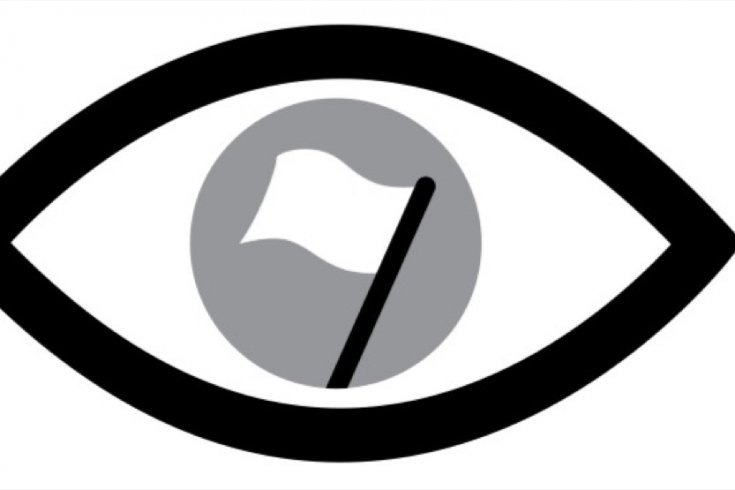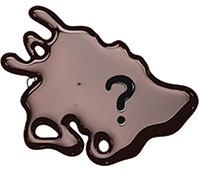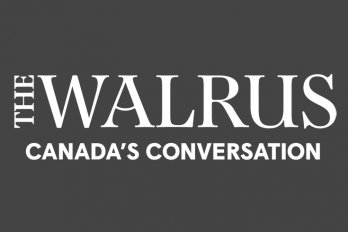
Welcomed here as the dependants of asylum seekers, educated in our schools, taking full advantage of all the benefits this country so generously offers—now they want to destroy us.
—Daily Mail, London, July 27, 2005
The adage, I am told, is that the most important lessons of life are learned in kindergarten. There, the young ones discover tolerance, sharing, the virtue of turning the other cheek, and a primitive form of Robert’s Rules of Order—i.e., how to argue and resolve conflicts. During recess, they learn other lessons: that rules change and that there are winners and losers.
On the streetcar into work recently, I overheard a young girl, perhaps five years old, ask her mother: “Are they bad because they’re a different colour ?” The mother’s immediate response was an incredulous “Of course not.” But, she then added, “Sometimes it takes people a long time to learn how to live here . . . and some never will.”
Weeks earlier, as terrorism suspects were being rounded up in London and other English cities, Bruce Garvey had written in the National Post: “One doesn’t have to be an Enoch Powell to respectfully suggest to [Ken] Livingstone—and to successive Canadian Liberal governments—that it was fifty years of immigration policy, not foreign strategies, that led to London’s jihad July.”
Ken Livingstone, London’s controversial mayor, had proffered the view that a half-century of misguided Western foreign policy was the cause of the current storm. Enoch Powell, a post- World War II conservative politician, predicted that “rivers of blood” would flow from open immigration. What struck me about Garvey’s article was not so much his cause-and-effect analysis or his pinning together of unlikely characters, but rather the nostalgia for a bygone age that dripped from his pen.
In late July, while travelling through the majestic Adirondacks in upstate New York, I found the same longing. In Lake Placid, at one of the ubiquitous Stewart’s gas bars (the one place where the lonely can go for early-morning coffee), I sat reading the Watertown Daily Times. Most of the articles were about the war on terrorism, each making essentially the same plaint about the challenges facing America: one suggesting that these mountainous climes were just as vulnerable as Los Angeles or Chicago; another, a half-obituary of US General William Westmoreland, describing the Vietnam War as righteous and purposeful. Sitting there, looking at the site of the United States’ 1980 Olympic hockey victory over the Soviet Union, and eavesdropping on a conversation at the next table, it struck me that there was no longer any fire in the American belly.
Sure, Homeland Security officers were about—two of them, armed and visible, on the small ferry crossing Lake Champlain toward Vermont—but the group of contractors sitting at Stewart’s that early morning seemed insecure and listless, beaten not by the heat of summer, but by the political moment. Their conversation moved from the day’s chores to the possibility of rain, but the chorus kept reappearing: “This is no Vietnam, it’s worse;” “Even if we get Osama, it doesn’t matter;” “We have to close the border and send those who don’t like it here packing.” Lake Placid, the Daily Mail in London, the streetcar in Toronto, all of them increasingly blinded by colour, by the other.
While on vacation I had been hoping for a change of discourse, but the incendiary events of July meant a restless summer for us all. Terrorists are now homegrown and within, and critiques of the West might incite them to act. As British Prime Minister Tony Blair said in early August, the duty of newcomers is “to share and support the values that sustain the British way of life.”
The conversation is now about forsaking the basic elements of democracy—talk and debate; that it is a trial-and-error system and always imperfect; that it operates best when church and state share different chambers; that the free flow of capital is enhanced by the free flow of people—for something as certain and full of conviction as righteous jihad. Fifty years of progressive immigration—a dialogue across cultures—we are told, has resulted in “rivers of blood,” and, as such, the drive must be to deport and to match the enemy stroke for stroke. There will be no more talk.
As is suggested by Marc Lynch (“Watching al-Jazeera,” the Wilson Quarterly, summer 2005 ), the conversation began to end when US officials, after 9/11, “became so angry over the station’s coverage of al-Qaeda and the Afghanistan war that they stopped appearing on its programs—and thereby lost the opportunity to reach a vast audience.” Certainly, in hindsight, this was a critical error, a failure of diplomacy. As for those wistful for the post-World War II era, with the borders now closing, more security cameras being installed, and the rules changing, what could they say to the young girl on the streetcar except for “Osama won.”



